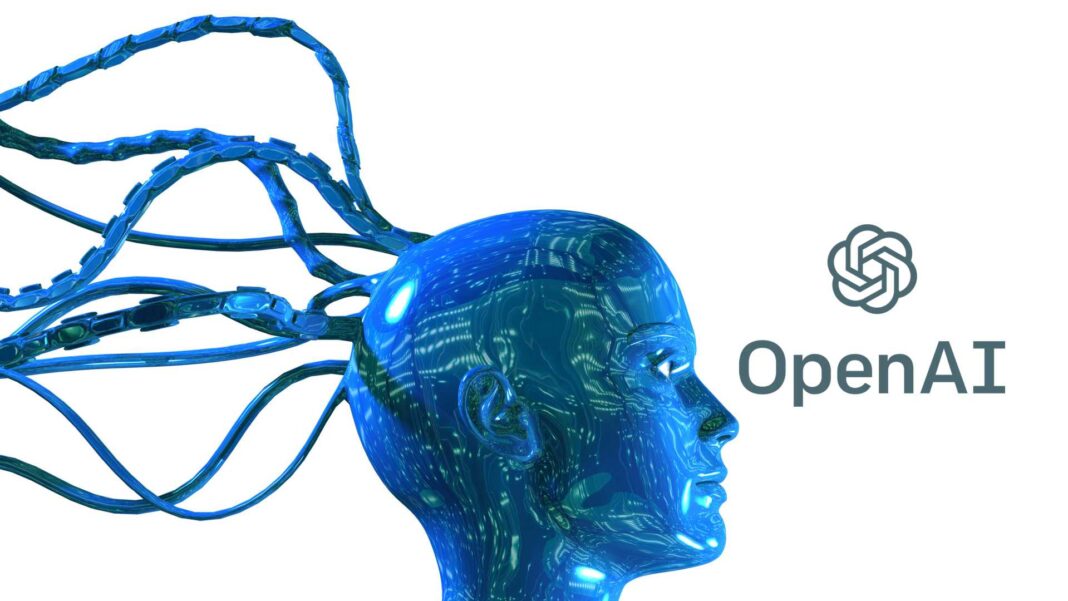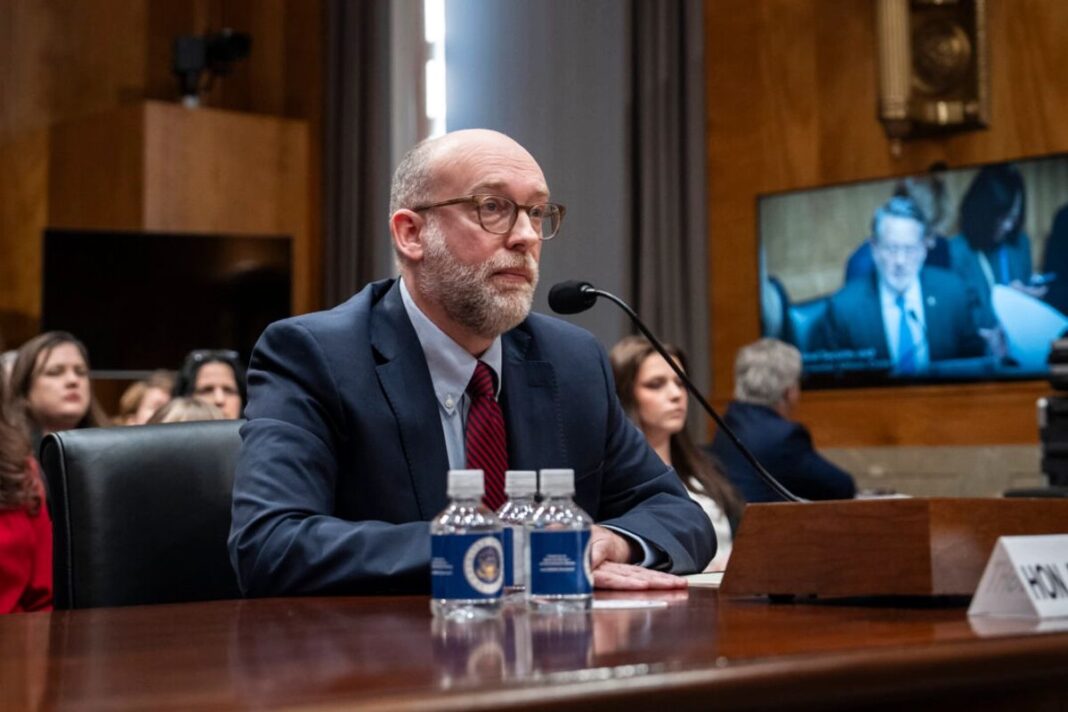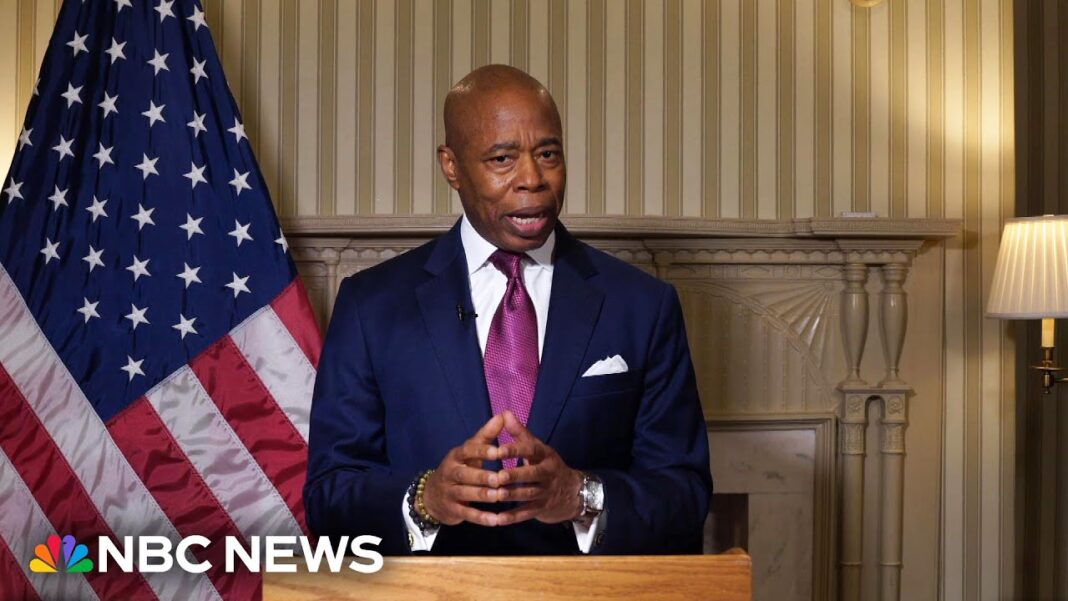OpenAI’s board has unanimously rejected Elon Musk’s takeover bid.
Tech billionaire Elon Musk’s bid to acquire ChatGPT-maker OpenAI has been rejected by the company’s board of directors.
“OpenAI is not for sale, and the board has unanimously rejected Mr. Musk’s latest attempt to disrupt his competition,” Bret Taylor, chair of OpenAI’s board, said in a statement on Feb. 14. “Any potential reorganization of OpenAI will strengthen our nonprofit and its mission to ensure AGI benefits all of humanity.”
Musk launched his bid for a takeover of OpenAI on Monday, offering $97.4 billion to acquire the artificial intelligence developer. His attorney, Marc Toberoff, confirmed that the offer is backed by Musk’s AI startup, xAI, along with a consortium of investment firms. The takeover, according to Musk, aims to regain control of OpenAI and restore its original mission—prioritizing the public good over profit-driven operations.
Musk’s attorneys said in a Feb. 12 court filing that he would rescind his bid for the ChatGPT maker if the entity remains a nonprofit.
“If OpenAI, Inc.’s Board is prepared to preserve the charity’s mission and stipulate to take the ‘for sale’ sign off its assets by halting its conversion, Musk will withdraw the bid,” Musk’s lawyers wrote in the document. “Otherwise, the charity must be compensated by what an arms-length buyer will pay for its assets.”
Taylor’s Friday statement indicates that any reorganization of OpenAI will preserve its nonprofit status.
Earlier, in response to Musk’s takeover bid, OpenAI CEO Sam Altman took to social media to say, “no thank you but we will buy Twitter for $9.74 billion if you want,” previewing the board’s Friday decision to make the rejection formal.
Musk bought Twitter for $44 billion in 2022 before rebranding it as X. In October 2024—roughly two years after Musk’s acquisition of Twitter—financial services company Fidelity estimated that X was worth $9.4 billion, or nearly 80 percent less than what Musk paid for it.
Altman and Musk, who co-founded OpenAI in 2015, have clashed for years over the company’s direction. Musk resigned from OpenAI’s board in 2018, later accusing the startup of abandoning its nonprofit mission and aligning too closely with corporate interests—particularly Microsoft.
By Tom Ozimek







